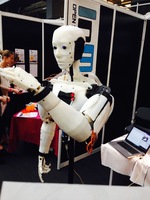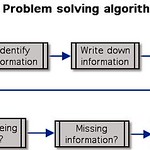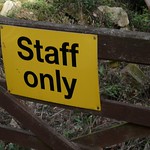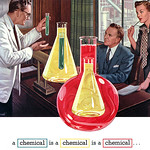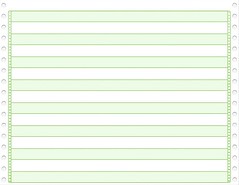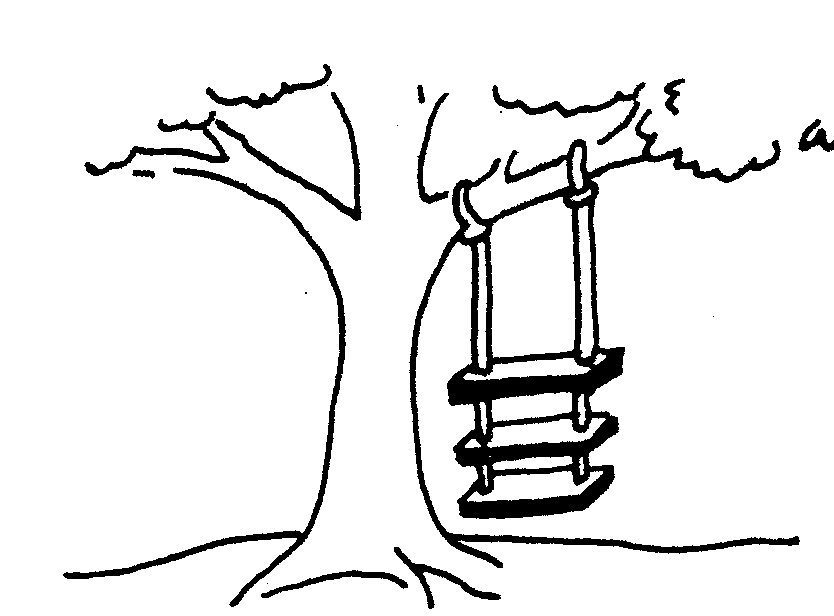Some Principals and Headteachers think that a good way around the problem of teaching computing is to not worry about whether teachers have subject knowledge at all. “All we need are facilitators”, they say, “while the kids can teach themselves and each other.” This is, as any teacher knows (or should know), easy to say, less easy to do, and not altogether the most desirable thing to do even if you can do it. However, just in case your school happens to be “led” by one of the aforementioned Headteachers, here are some arguments you may want to use. I think that any one of them should suffice, and all of them together make for a cast-iron case.
Read More With the new Computing Programme of Study looming on the horizon, there are a number of conferences and other events coming up in the near future. Here’s a list of some of them. The Education Show isn’t specifically about ICT or Computing, but there are seminars in those areas so it’s definitely worth looking at.
With the new Computing Programme of Study looming on the horizon, there are a number of conferences and other events coming up in the near future. Here’s a list of some of them. The Education Show isn’t specifically about ICT or Computing, but there are seminars in those areas so it’s definitely worth looking at. With the new Computing Programme of Study looming on the horizon, there are a number of conferences and other events coming up in the near future. Here’s a list of some of them. The Education Show isn’t specifically about ICT or Computing, but there are seminars in those areas so it’s definitely worth looking at.
With the new Computing Programme of Study looming on the horizon, there are a number of conferences and other events coming up in the near future. Here’s a list of some of them. The Education Show isn’t specifically about ICT or Computing, but there are seminars in those areas so it’s definitely worth looking at.



